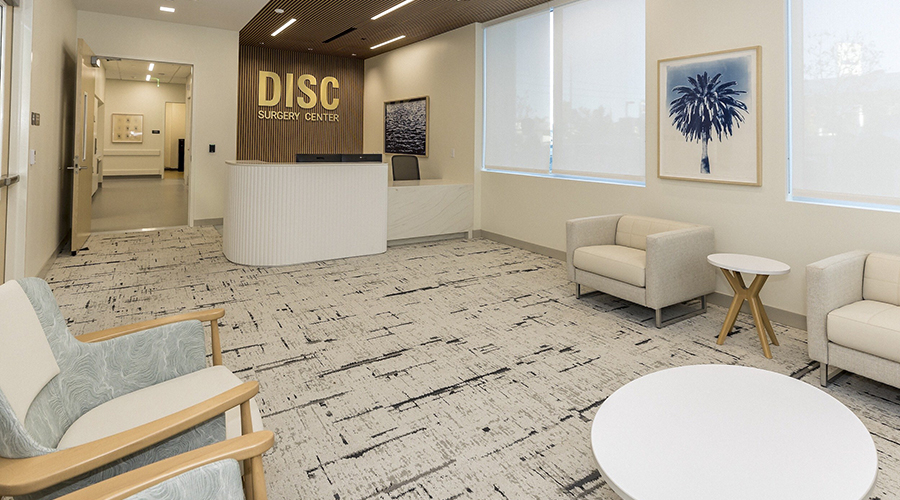Positive Technologies recently published the Cybersecurity Threatscape report, which found that during the first quarter of this year 34% of malware-based cyberattacks on organizations were ransomware attacks. Sectors that were targeted the most included government agencies, industry, finance, and healthcare.
“Ransomware usually hits organizations that need access to time-sensitive data, for example, medical institutions, manufacturers, and municipal agencies. Hackers run a virus to breach an organization’s system so that they can take control and lock employees or customers from using it,” explains Oliver Noble, an encryption specialist working for the file encryption tool NordLocker. “For most businesses, this brings production to a standstill. A company or a user then is extorted to pay money to get their access to the data restored. If the organization fails to pay the ransom, the criminals threaten to destroy or expose its data publicly.”
According to the expert, there are no foolproof ways to protect yourself or your business from ransomware. However, the market is full of solutions that can minimize the consequences of the attack. The expert suggests 5 steps on how businesses can avoid or mitigate the risks of cybercrime against them.
1. Make sure your company uses an up-to-date antivirus and a robust firewall on every device or network it owns. The duo makes it harder for viruses to infiltrate your system. A reliable antivirus system also helps prevent your employees from accidentally downloading malware.
2. Regularly update your software and operating system. Updates usually include critical fixes that repair known security flaws and vulnerabilities. “Having the latest software version means you are using the most secure version, too,” says Oliver Noble.
3. Train your staff to recognize phishing scams and other forms of social engineering. Don’t let hackers or scammers bypass your security systems just because an employee opened a phishing email, clicked on a suspicious link, or downloaded an attachment with hidden malware.
4. To reduce the damage of any potential ransomware attacks, perform regular data backups. A periodically updated and secured backup will guarantee access to your data if hackers lock you out of your files. However, mind that cloud services come with their own privacy concerns, which is why the last step is crucial.
5. Start encrypting the information your company handles. According to the expert, file encryption tools such as NordLocker help you reduce the potential damage of ransomware. Even if hackers manage to steal your files, they won’t be able to access their content — so they won’t be able to threaten you with exposing the data. The best way to keep your valuable information safe is to encrypt it and back it up in the cloud so that hackers can’t threaten you with wiping it. Moreover, encryption helps protect confidential data from prying eyes when sharing it with clients or among members of staff.
For more information: nordlocker.com.
July 23, 2020
Topic Area: Press Release
Recent Posts
 AI Adoption on the Rise Among Leaders
AI Adoption on the Rise Among Leaders
AI usage increased in all markets in the fourth quarter of 2025.
 TriasMD Officially Opens DISC Surgery Center at Tarzana
TriasMD Officially Opens DISC Surgery Center at Tarzana
At 10,930 square feet, DISC Surgery Center at Tarzana includes three high-technology operating rooms and 11 patient care bays.
 Goshen Health Announces Partnership with Parkview Health
Goshen Health Announces Partnership with Parkview Health
Through this partnership, Goshen anticipates becoming Parkview's largest hospital outside of Fort Wayne and will serve as a regional hub for care, access and growth.
 Severe Winter Weather: What Healthcare Facilities Must Prioritize
Severe Winter Weather: What Healthcare Facilities Must Prioritize
Prioritizing critical systems and strategies is key to protecting patients, staff and operations during severe winter weather.
 Recovery Centers of America Opens New Facility in Florida
Recovery Centers of America Opens New Facility in Florida
Spanning 19 acres, the campus will include seven buildings, a pond, an outdoor recreation area with a pool, a full basketball court and a rock-climbing wall.